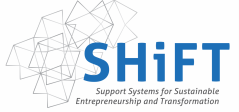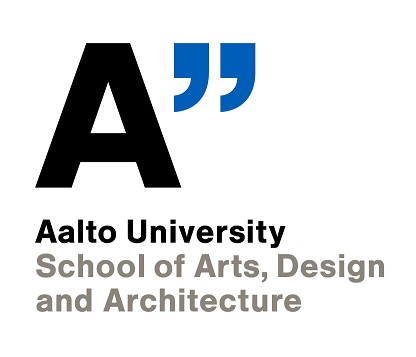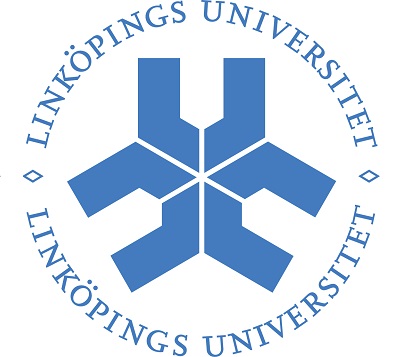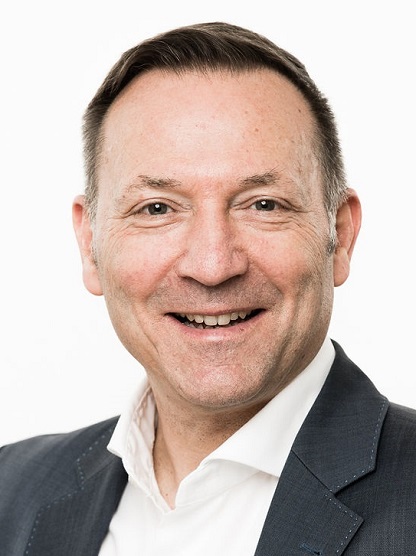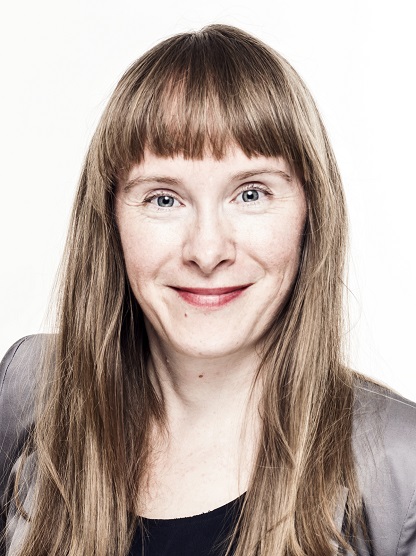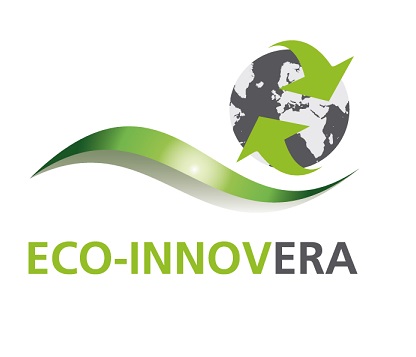Support Systems for Sustainable Entrepreneurship
The international SHIFT project led by Borderstep investigated support systems for sustainable start-ups. Evidence shows that sustainability-oriented SMEs and green start-ups play a central role in the development and implementation of innovations. These tap into both economic opportunities and environmental mitigation potential. However, start-ups for eco-innovations have hardly been specifically promoted in start-up funding to date. Public and private support systems for start-ups therefore need a paradigm shift. This is the only way to stimulate and support targeted innovations in green markets of the future.
The SHIFT consortium examined the support options of a number of central actors and forms of support for start-ups and innovation in the project countries Germany, Finland and Sweden. Methods such as surveys, case studies, good practice investigations and expert workshops were used. Entrepreneurship education and transfer activities in universities, incubators and technology centers, municipal and regional economic development institutions, consulting institutions, for example in the field of eco-design, innovation networks of start-up companies and established companies, as well as public financing programs and various capital providers were examined.
The results and recommendations for action are available in project reports both on the individual actor types and approaches of the support systems and across projects on the SHiFT publication page. Practice materials (“Support System Acupuncture”) for the use of these actors have been developed in collaboration with start-ups and SMEs. In this way, the needs of the companies can be identified more precisely and addressed with adapted funding offers.
What were key findings and results from SHIFT?
We need a paradigm shift in public and private support systems for start-ups to ensure sustainable development. This was the initial thesis of the project. Thomas S. Kuhn developed a concept of the evolution of a paradigm. This concept was used to assess the current stage of development in the three project countries. Germany, Finland and Sweden currently have highly developed support systems for innovations and start-ups. The actors in these support systems show interest in sustainability. Initial good practice examples are encouraging. Nevertheless, the results of SHIFT show that these activities are still a niche phenomenon.
The funding systems have progressed well beyond phase 1 (“pre-paradigm”) and phase 2 (“development of the dominant paradigm”) according to Kuhn. However, they have not yet arrived at phase 4 (“paradigm shift: replacement of the old paradigm”). Thus, the support systems for innovations and start-ups with a view to sustainability are currently to be located in phase 3 – “Exploring alternative approaches”.
In order to accelerate the transition to phase 4 of a paradigm shift, the SHIFT project developed the following key strategies for adapting the support systems:
- Green founders and eco-entrepreneurs as the focus of funding activities: Green founders and eco-entrepreneurs should be targeted for support activities that address the needs of such entrepreneurs.
- Simplified access to the support system for green founders and eco-entrepreneurs: Simplified access to the support system as well as clear “signposting” through the structures to appropriate offers should be created.
- Support for experimentation: Adapted offers for green founders and eco-entrepreneurs are emerging, even if they still represent a rather new appearance. Established “standards” are thus not yet in place and experimentation with innovative funding approaches and activities should be supported.
- Dynamic tailoring of funding activities: Green founders and eco-entrepreneurs are not a uniform group, but operate in a wide variety of industries, markets and regulatory environments. Tailoring of offerings must therefore be done with specific groups and contexts in mind.
- Mainstream sustainability in support systems: The issue of sustainability will become increasingly important for founders and entrepreneurs in all technology fields, industries and markets. Sustainability should thus be integrated into all facets of the funding system. It helps all founders and entrepreneurs if they deal with sustainability-related opportunities and risks at an early stage.
- Specialization: Beyond mainstreaming, specialized offers adapted to green founders and eco-entrepreneurs should also be developed. In order to develop such offers and relevant founder ecosystems, a specialization of the funding system must take place.
- Evaluation and monitoring of effectiveness: Funding activities are not an end in themselves, but should contribute to a defined goal. Up to now, this goal has been called “economic efficiency”. In the course of sustainable development, funding systems must pursue several goals (economic efficiency, environmental sustainability and social justice) simultaneously. Thus, new evaluation and monitoring tools need to be developed to assess existing support systems, measure impacts and outcomes of support activities, and communicate data and analysis to policy and decision makers.

